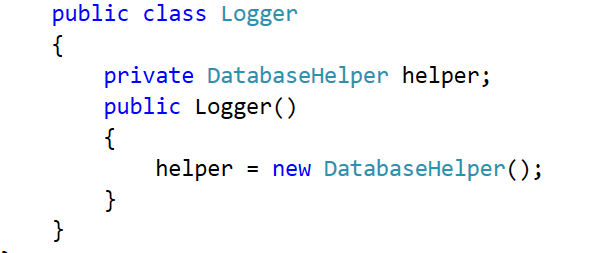Basic .NET interviews questions and answers in short
Interviewer : What is .NET framework ? You : It is collection of many small technologies integrated as a single large technology such that very powerful applications can be developed. Interviewer : What are the .NET components and explain in detail ? You : CLR: Common Language Runtime, CLR plays a main role in the .NET framework, It is a runtime environment in the .NET framework When .NET program is compiled , the output of the compiler is not executable file but a file that contains a special type of code called MSIL ( Microsoft Intermediate Language) also called as Common Intermediate Language (CIL) The Job of CLR is to convert IL file to executable code i.e native OS understandable format CLR is responsible for managing the compile codes of .NET application , Memory management , type checking These tasks can be done by using CTS CLS JIT Garbage Collector CTS: It is a collection of type definition provided by the .NET framework which has to be supported by all the languages which


